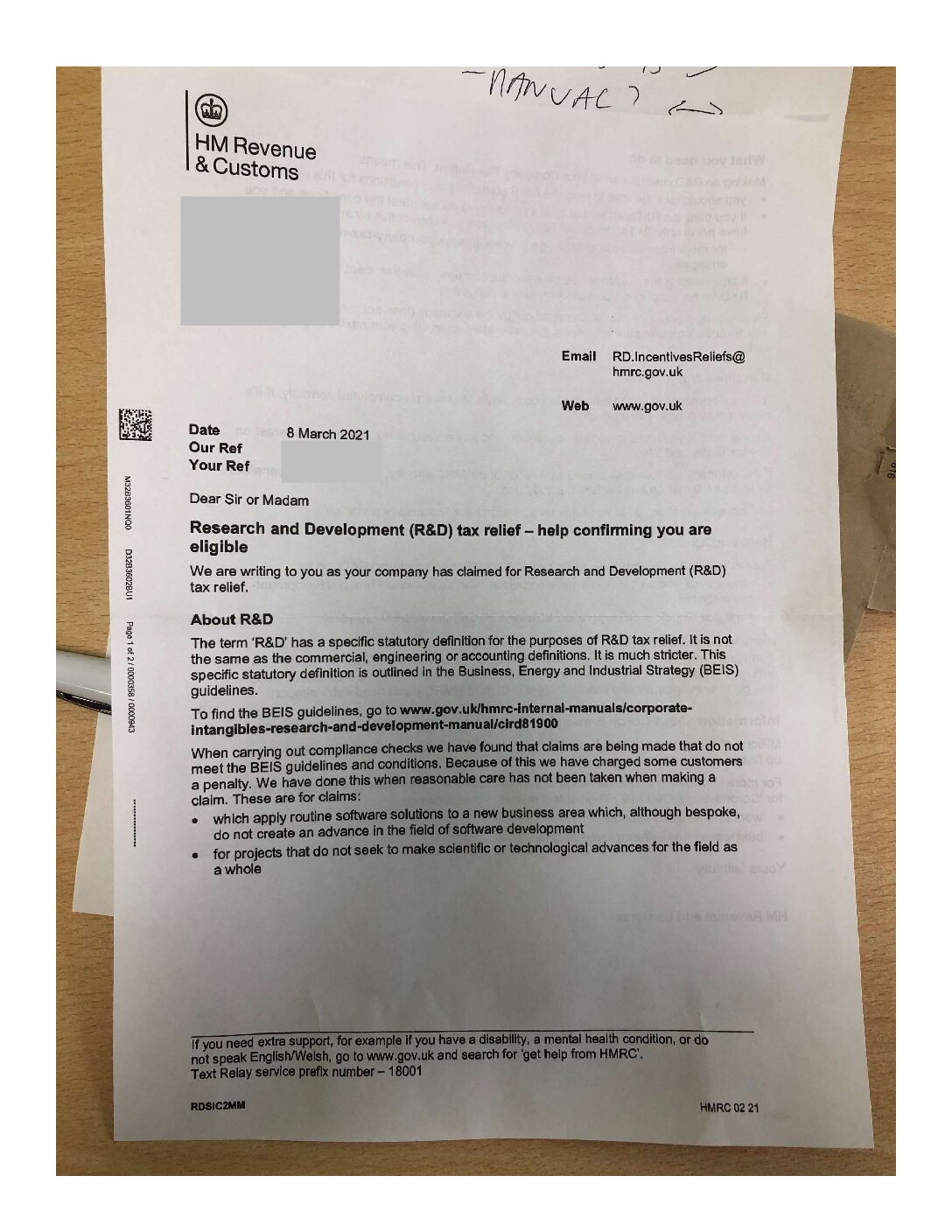
Introduction to Ofcom
The Office of Communications, commonly known as Ofcom, plays a crucial role in regulating the UK’s communication sector. Established in 2003, Ofcom is the regulatory authority for the postal services, telecommunications, and broadcasting sectors in the United Kingdom. Its role has become increasingly significant, especially with the rapid advancements in technology and changes in consumer behaviour.
Importance and Role of Ofcom
Ofcom operates under a statutory duty to ensure that the communications sector works for everyone in the UK. This includes overseeing commercial television and radio services, as well as public service broadcasters like the BBC. With the rise of the internet and mobile communications, Ofcom has adapted its strategies to address new challenges. For instance, it regulates online harmful content and is involved in initiatives to increase digital literacy among users.
One of Ofcom’s primary responsibilities is to ensure that consumers receive a fair deal when accessing communications services. This includes monitoring prices, ensuring quality of service, and safeguarding user privacy. In recent years, Ofcom has placed a stronger emphasis on protecting vulnerable consumers, ensuring that digital services are accessible to all.
Recent Initiatives and Changes
As of late 2023, Ofcom has been active in several key areas. A notable initiative includes the establishment of a new regulatory framework for online safety. With the increased use of social media and digital platforms, Ofcom has been tasked with implementing the UK Online Safety Bill, which aims to hold technology companies accountable for the content shared on their platforms. This measure is seen as crucial to helping create a safer online environment, particularly for children and young people.
Furthermore, Ofcom has been involved in the rollout of 5G technology, ensuring that the necessary infrastructure is in place and accessible to consumers nationwide. This is part of a broader strategy to maintain the UK’s leadership in digital communication technologies.
Conclusion and Future Outlook
As Ofcom continues to evolve in response to the ever-changing communication landscape, its significance cannot be understated. With its ongoing initiatives focusing on online safety, consumer rights, and technological advancements, Ofcom is set to remain an essential authority for navigating the complexities of communications in the UK. The regulatory body’s actions will significantly impact everyday life for consumers and the future of the communications market.
You may also like

Understanding the Importance of PR in Today’s Business Landscape

Understanding HMRC: Functions and Recent Developments
